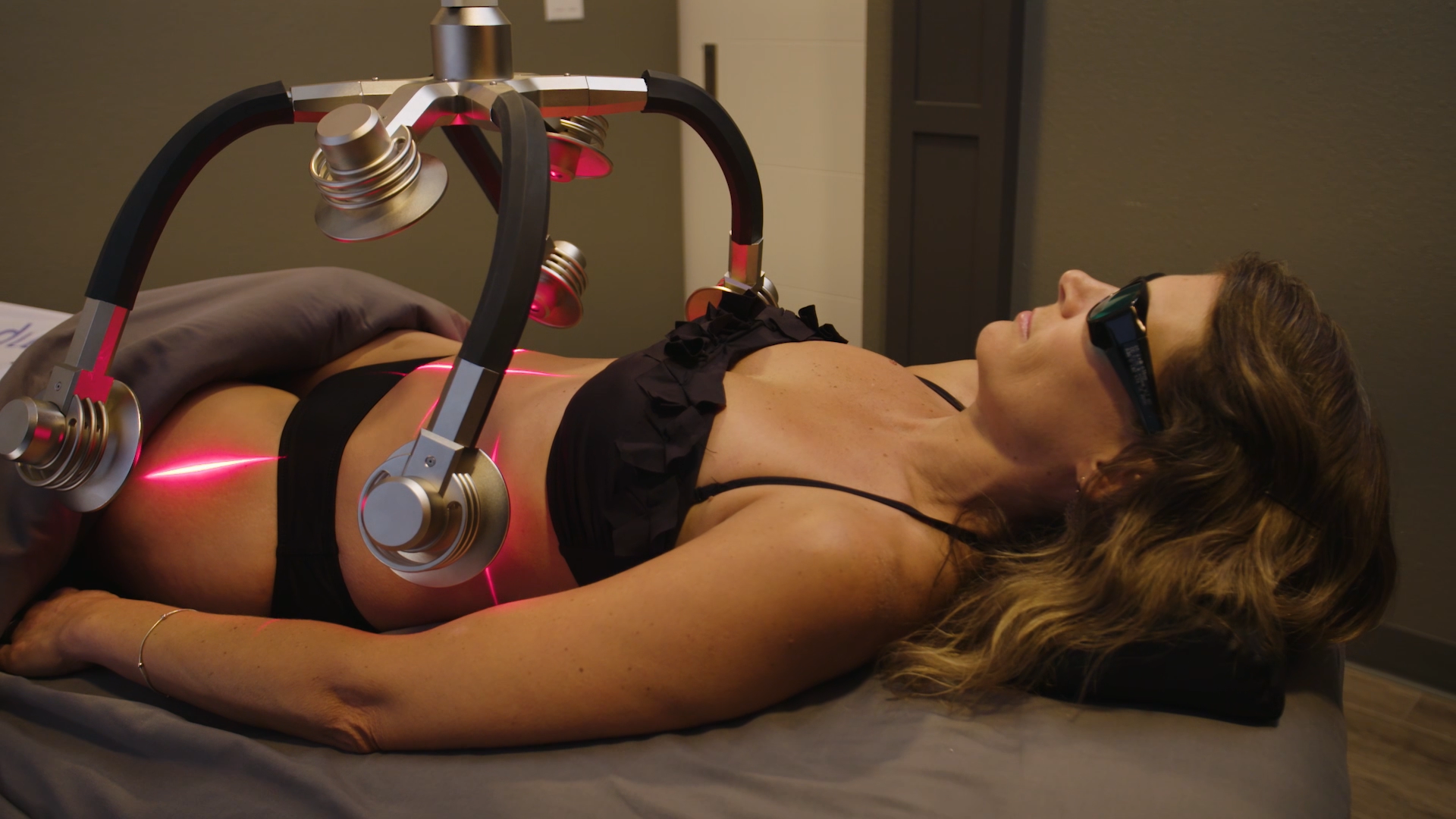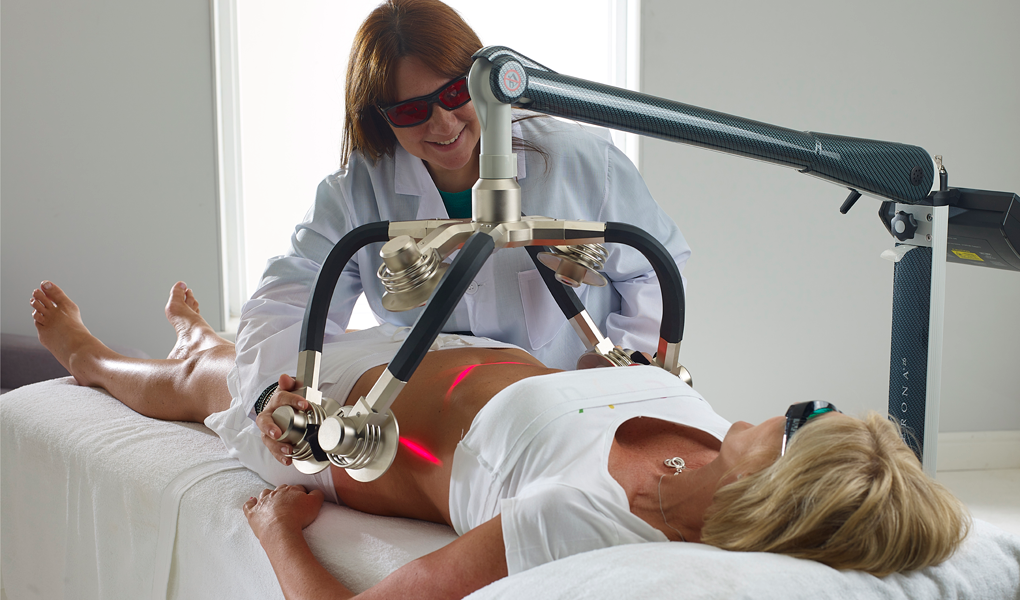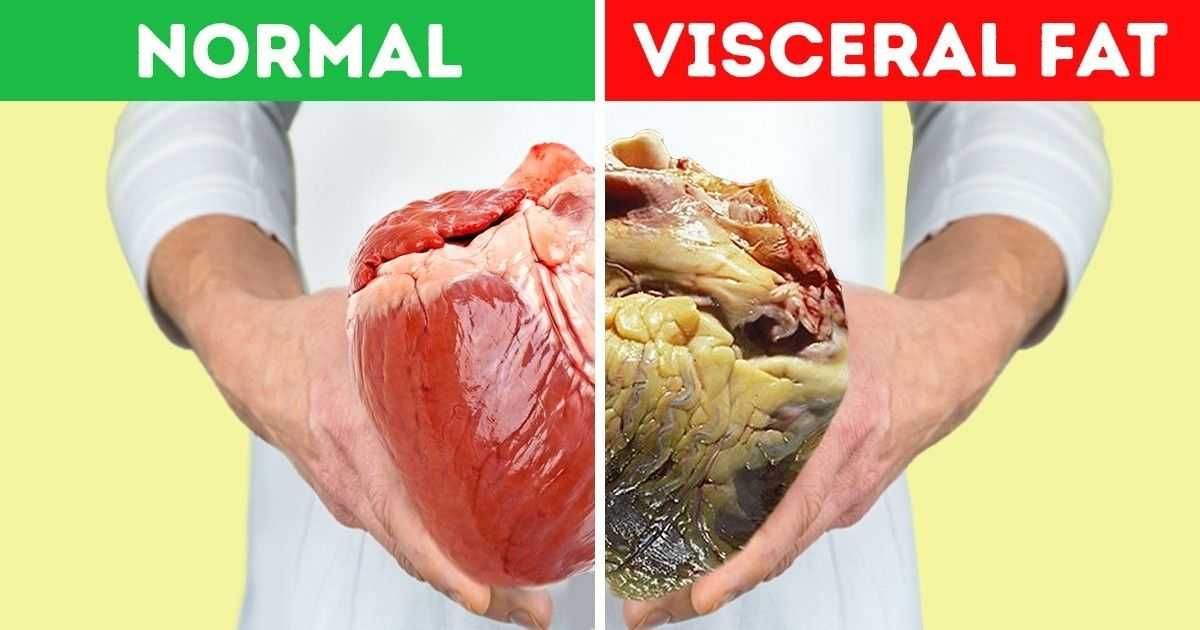The Importance of Shrinking Fat Cells
Why should we be concerned about shrinking our fat cells?

Shrinking fat cells can be important for several reasons, including:
- Health: Excess body fat is associated with a number of health problems, including heart disease, diabetes, and certain cancers. By reducing the size of fat cells, individuals can improve their overall health and reduce their risk of developing these conditions.
- Appearance: Many people seek to shrink fat cells in order to improve their appearance and achieve a more toned, fit physique. This can lead to improved self-esteem and confidence, which can have a positive impact on mental health and wellbeing.
- Weight loss: Shrinkage of fat cells can also aid in weight loss, as smaller fat cells are less resistant to being broken down and metabolized by the body. This can make it easier to lose weight and maintain a healthy weight over time.
- Improved metabolic health: When fat cells become too large, they can become resistant to insulin, which can lead to metabolic dysfunction and an increased risk of developing type 2 diabetes. By shrinking fat cells, individuals can improve their metabolic health and reduce their risk of developing these conditions.
- Overall, shrinking fat cells can have numerous benefits for health, appearance, and weight management. However, it is important to remember that a healthy diet and regular exercise are also key components of achieving and maintaining a healthy body weight and reducing the size of fat cells.
For safe fat loss, we recommend a Zerona Z6 treatment.

Zerona Z6 is a non-invasive laser technology that is designed to aid in weight loss and body contouring. It has been approved by the FDA for the purpose of fat reduction in specific areas of the body.
The Zerona Z6 laser uses low-level laser energy to penetrate the skin and stimulate fat cells. The laser energy causes the fat cells to release their contents, which are then metabolized by the body and eliminated as waste. This process is known as lipolysis.
The Zerona Z6 laser is different from other fat reduction methods, such as liposuction, because it is non-invasive and does not require any incisions or anesthesia. This makes it a safer and more comfortable option for people who are looking to lose weight and achieve a more toned body.
The treatment typically lasts for about 40 minutes, during which the patient lies down while the laser is applied to the targeted areas of the body. The laser is painless and does not produce any heat, so there is no discomfort during the procedure.
The Zerona Z6 laser is most effective for people who are within a healthy weight range and have specific areas of the body where they would like to reduce fat, such as the hips, thighs, or waist. It is not a substitute for a healthy diet and regular exercise, but rather a complement to these lifestyle habits.
Overall, the Zerona Z6 fat loss laser is a safe and effective option for people who are looking to achieve a slimmer, more toned body without undergoing invasive surgery. As with any medical treatment, it is important to consult with a qualified healthcare provider to determine if the Zerona Z6 laser is right for you.
To discover more about the Zerona Z6, grab it here





